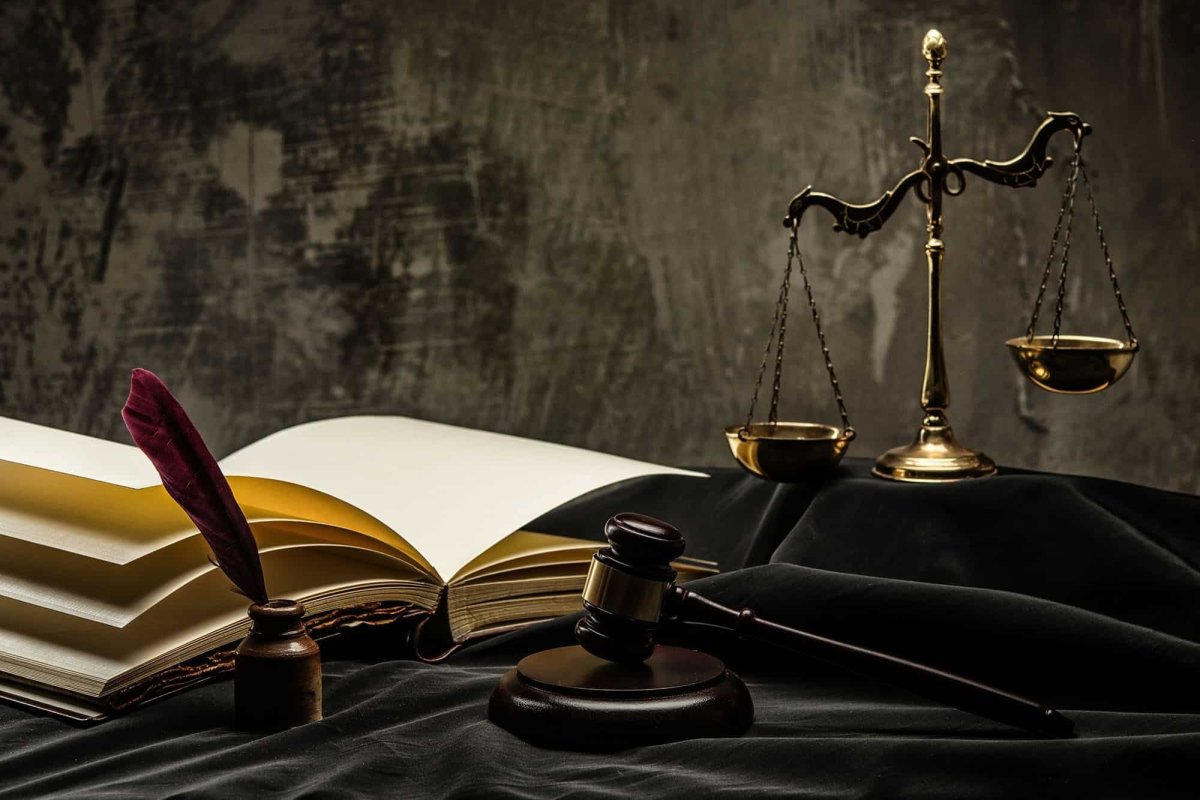Legal Regulation of Media Participation in the Electoral Process: A Balance Between Freedom of Speech and Electoral Rights
Introduction
The media play a key role in the electoral process by providing citizens with information about candidates, parties and their programs. At the same time, the media must adhere to certain legal norms to ensure the fairness and integrity of elections. In this article, we will examine the legal regulation of media participation in the electoral process in Ukraine, discuss the balance between freedom of speech and electoral rights, and identify the main challenges and prospects in this area.
Legal regulation of media activities in Ukraine
The Constitution of Ukraine
The Constitution of Ukraine guarantees freedom of speech and the right to receive information:
- Article 34: "Everyone shall be guaranteed the right to freedom of thought and speech, and to the free expression of his or her views and beliefs."
- Article 50: "Everyone has the right to information on the state of the environment..."
Electoral Code of Ukraine
The Electoral Code of Ukraine contains special provisions regulating the participation of the media in the electoral process:
- Articles 56-64: Define the procedure for election campaigning, including requirements for the media to provide airtime and print space for candidates and parties.
- Article 59: Establishes the requirement for equal access to the media for candidates.
The Law of Ukraine "On Television and Radio Broadcasting"
This law regulates the activities of broadcasting organizations:
- Article 7: Guarantees the right to freedom of speech and the free receipt and dissemination of information.
- Article 9: Establishes requirements for objectivity and impartiality of information.
The balance between freedom of speech and voting rights
Freedom of speech
Freedom of speech is a fundamental right that allows the media to freely cover elections and provide citizens with the necessary information to make informed decisions. Without a free press, voters would not be able to receive a variety of viewpoints and critical analysis of political programs and candidates.
You may be interested in the following articles: ,lawyer consultation ,lawyer consultation ,analysis written consultation, verification of documents by a lawyer, lawyers documents help legal opinion ,legal opinion of a lawyer lawyer online consultation lawyer consultation lawyer help online Legal analysis of the situation, Litigation, legal services, legal services, lawyer, lawyer services, lawyers online, legal services online, legal services online, legal assistance online, legal advice, legal services online, legal advice, lawyer consultation, lawyer consultation, types of legal services,
Voting rights
To ensure the fairness and integrity of elections, it is important that the media adhere to certain standards and norms. This includes equal
access of candidates to the airwaves, impartiality and objectivity in the coverage of the election campaign.
Main challenges
Political pressure
Media outlets may be subject to political pressure, which affects their impartiality. This can lead to unequal coverage of different candidates and parties, which can affect the outcome of elections.
Media financing
Media funding by political parties or candidates may lead to conflicts of interest and biased coverage of the election campaign.
Disinformation
The spread of fake news and disinformation is a serious problem that can manipulate public opinion and influence election results.
Prospects for reforms
Increasing the transparency of financing
Stricter requirements for transparency of media funding should be introduced, especially during the election process, to avoid conflicts of interest.
Increased regulation
Regulatory authorities should strengthen control over the media's compliance with the standards of objectivity and impartiality, and ensure equal access to the media for candidates.

































